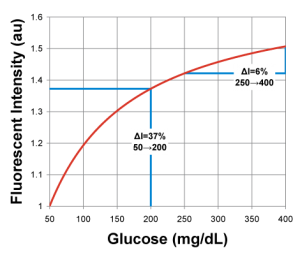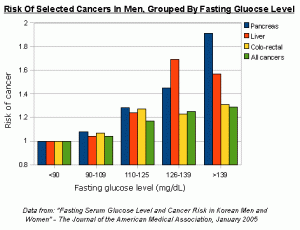How can I lower my blood sugar?

There are many different things that can help you lower your blood sugar, but many different people always tend to ask how can I lower my blood sugar? How can I lower my blood sugar is often asked because so many people first find out that they have diabetes because they are really truly in the dark when it comes to diabetes and how to manage them. Lowering your blood sugar naturally is actually not that difficult, but you should consult a doctor if you’ve been diagnosed with diabetes or if you’re taking medication that might affect your blood sugar significantly.
Eating small meals throughout the day keeps your blood sugar stable, while fasting for hours and then eating a large meal will send your blood sugar into a high spike. Low-sugary foods such as oatmeal, citrus fruits, beans and nuts can lower or at least help control blood sugar, depending on when you consume them. On the other hand, try to avoid high-sugary foods such as white bread, potatoes and fast foods which are quickly metabolized and raise blood sugar significantly. How can I lower my blood sugar is always on a diabetic’s mind, because it is the main and key essential in a diabetic’s life.
Deep breathing and meditation techniques can help you calm down and fight stress. So does exercise, which also helps lower blood sugar by consuming it for energy during your workouts. If you don’t have a lot of time throughout the day, small 10 minute workouts can go a long way and help you a lot in the long run by being able to take care of yourself and your diabetes. So the next time you hear, “how can I lower my blood sugar?” you can help them out and give them the right advice!


